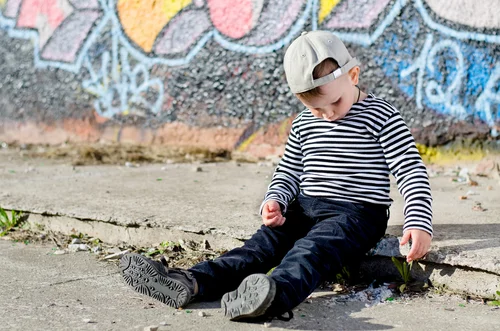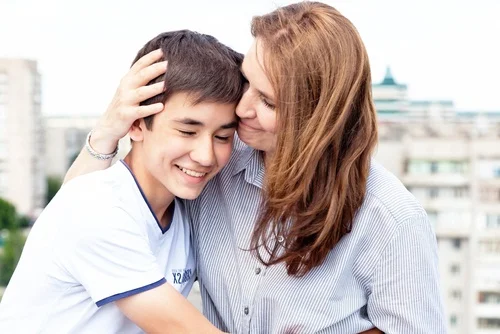+1 845 259 2974 (11 a.m to 7 p.m CST)
How To Be A Good Mama To An Introvert

In the world of fiction the boy who cried wolf at the top of his lungs managed to catch the attention of every person living in the village nearby. In the real world the boy who cried “lone wolf” was made a laughing stock of the entire village. Keeping the original moral of the story aside, let us just imagine for a moment that this story revolves around the concept of naughty mischievous extroverts and silent observing introverts.
The entire world knows that when an extrovert cries wolf people should pay heed to the calls for help since extroverts are out there all the time and therefore they may be telling the truth. On the other hand, the same people fail to grasp the concept of another class of people, usually referred to as introverts, because most people didn’t even know that such a class exists until recently; let alone paying attention to their cries. Parents should pay more attention to their children to identify introverts within their stock and treat them the way they are supposed to be treated. Do keep in mind though that identifying an introvert and raising an introvert requires two different kinds of skill sets. Let us than guide you as how to become a good mama to an introvert.
Knowing an Introvert
The concept of introversion gained popularity in the 1920s after psychologist Carl Jung made it mainstream. To put it simply, introverts aren’t really fond of people. People belonging to this group like to spend time alone with their thoughts but are not afraid to hold up on their own in social settings. The private time is mostly used by introverts to recharge their batteries for another bout of social interaction.
If you are parenting an introvert you should know that you are responsible for grooming and nurturing a gifted but complex portion of the population. What signs of introversion would you look for in your children and how do you plan to treat them? Following is a basic guideline to help you understand how to deal with an extremely private person.
Stop branding your children: Once you become aware about the existence of an introvert among your children you should modify your dictionary to exclude words like, loner, reserved, taciturn, narrow, arrogant, rude, guarded, etc. By branding your child with these words you are shutting down a communication channel that should be otherwise open for you to remain updated about the routine of your introvert kid.
Give them some space: Introverts need private time for themselves after hanging around too many people in a short time. One can say that alone time acts as detox for introverts who get the chance to rejuvenate their body and soul by engaging their thoughts. When you see one of your children sitting in deep thought, let them be. He/she might be thinking about the next great technological intervention in human history. Also there’s no need to spoil the kid’s daydreaming session.
Recognize their right to be different: Remember that your child didn’t become an introvert by choice. Rather the kid became one through pure chance. Therefore it goes against the spirit of good parenting skills to mess around with the natural orientation of children and it is better to let their personality develop according to their inherent traits.
Once you know how to deal with an introverted child the other things would fall in their right place soon afterwards. Try to have deep meaningful conversations with your silent child because he/she would always favor substance over shallow discussions. As parents you should embrace their silent but spectacular world because the experience is worth your time.























